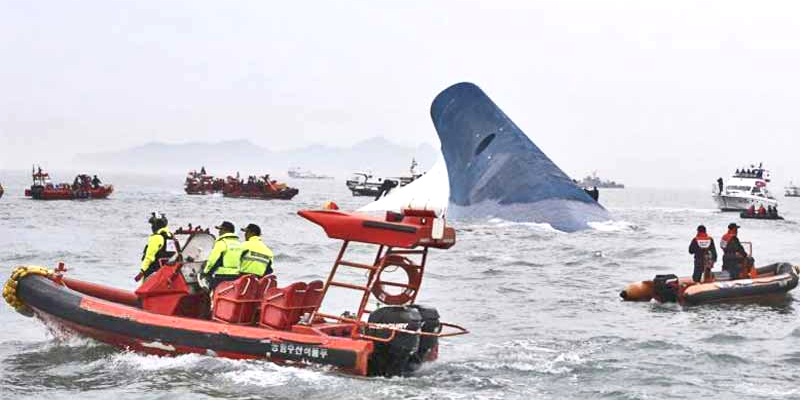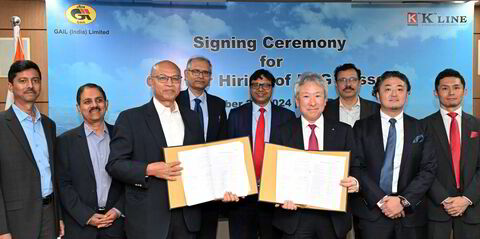The 6,586-gt Sewol (built 1994) has liability cover from the Haewoon hull-P&I scheme that provides up to $300m of cover for an incident, with passengers insurance limited to about $350,000 per person.
The cover available from the Haewoon scheme, run by the Korea Shipping Association, is much lower than insurance running into billions of dollars provided by the mainstream International Group P&I clubs, although here there is a $2bn passenger liability sub-limit. Cover is also less than the $500m offered by many fixed premium P&I schemes.
But depending on the amounts awarded to survivors and the families of those who died the Haewoon cover may still be adequate, although South Korea has a strong compensation culture.
The Haewoon cover also has to respond to pollution prevention efforts and potentially pay for a wreck removal that if required would certainly run to many tens of millions of dollars, but not the $300m of the Rena containership loss in New Zealand or the $950m of the Costa Concordia cruiseship incident in Italy.
The hull cover for the Sewol is understood to run to about $7.7m and be led by the Seoul based Meritz Fire & Marine Insurance company, that was formerly part of the Hanjin group.
Adverse weather is meanwhile limiting operations in waters off the southern tip of the Korean peninsula where the Sewol capsized and sank.
So far 179 people have been rescued and nine confirmed dead. But that leaves more than 280 people still unaccounted for.
Rescue operations are continuing in the hope that there might be survivors trapped in the hull.
The Haewoon insurance scheme dates back to 1949 and was set up to provide cover for coastal shipping including passenger craft.
There are about 2,000 members including 70 passengership owners.
Part of the risk of the Haewoon scheme is placed with Asian and European reinsurers by the Willis and Marsh broking groups, who have a 60% and 30% share of this programme respectively, with the 10% balance retained domestically.
The association behind Haewoon is not the same as the Korea Shipowners Association, the representative organisation of the country’s ocean going shipping companies.



